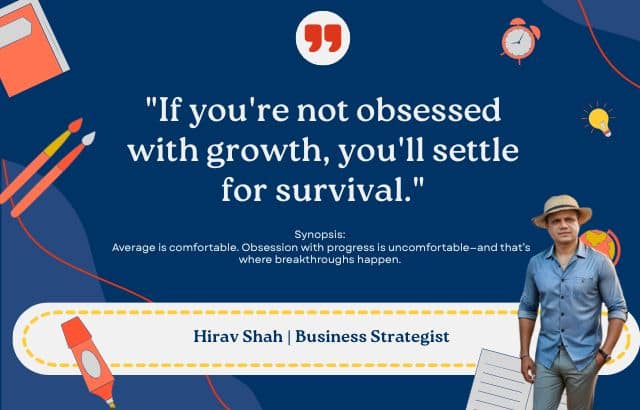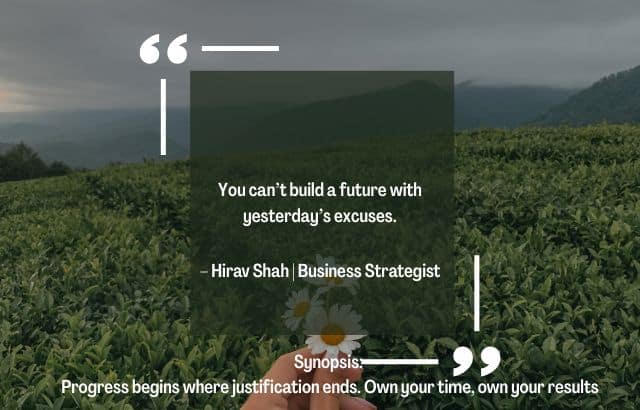Effective planning is a critical element in the success of any business. It involves setting clear goals, identifying potential challenges, and crafting strategies to overcome them. By following best practices for planning, businesses can significantly enhance their chances of success and achieve their objectives more efficiently. In this article, we’ll dive into the benefits of effective planning, provide real-world examples, and offer tips on how to implement these practices within your organization.
Table of Contents
What is Planning in Business?
Planning is the process of setting goals, determining the actions required to achieve those goals, identifying resources, and creating a timeline for execution. It involves understanding your current situation, forecasting future needs, and developing strategies to navigate potential obstacles.
In essence, planning helps to ensure that resources are utilized effectively and goals are achieved in a timely and organized manner. It is essential for all levels of business, from startup companies to established corporations.
Key Benefits of Effective Business Planning
1. Increased Efficiency and Productivity
Effective planning drives efficiency by setting clear goals and defining the actions required to achieve them. This clarity enables employees to focus on high-priority tasks and avoid distractions.
Example: A software development company plans a detailed roadmap for releasing updates for their product. By setting clear milestones and deadlines, each team member understands their role and delivers their part on time, ensuring a seamless product launch.
By allocating tasks effectively, businesses can reduce wasted time and resources, boosting productivity. According to a study by the Project Management Institute, organizations with effective project planning have a 28% higher success rate in meeting project goals.
2. Better Resource Allocation
One of the core benefits of planning is ensuring that resources—both human and financial—are allocated in the most effective manner.
Example: A retail chain planning for a holiday season sale identifies the need for additional staffing in high-traffic stores. They also allocate a budget for digital ads targeting customers based on past shopping behavior. By planning well, the business maximizes its returns on investment, ensuring that resources are applied where they will be most impactful.
Good planning ensures that budgets are adhered to, time is utilized efficiently, and resources are deployed where they’re needed most. Research by McKinsey shows that businesses with a clear resource allocation strategy perform 30% better than those that don’t.
3. Enhanced Communication and Collaboration
Effective planning helps create a unified direction, ensuring that everyone in the organization understands the business objectives and their role in achieving them. This clarity encourages better communication and collaboration between departments.
Example: A marketing team planning a campaign with a product development team may align their strategies to ensure the message resonates with the target audience. By collaborating early in the planning process, the teams avoid miscommunication and ensure the campaign is both effective and well-executed.
A well-planned strategy fosters a collaborative work environment, reduces errors, and strengthens the overall workflow.
4. Increased Flexibility and Adaptability
Though planning is essential, business environments are dynamic, and strategies need to remain flexible. Market changes, customer preferences, and unforeseen challenges often require businesses to pivot their plans.
Example: A small tech startup creates a five-year growth plan but regularly evaluates the competitive landscape and customer feedback. When a new, disruptive technology emerges, they adjust their plan to incorporate it, ensuring they stay relevant and competitive in the market.
Staying flexible ensures that businesses are agile and can pivot quickly without losing sight of their core goals. According to Harvard Business Review, businesses that review their strategic plans quarterly are 50% more likely to adapt successfully to industry changes.
How Business Strategists Can Help
Business strategists are experts at analyzing both internal and external factors that affect a company’s ability to achieve its objectives. They can play a crucial role in:
- Conducting SWOT analyses (Strengths, Weaknesses, Opportunities, Threats) to identify areas of improvement.
- Forecasting future trends and market shifts to help businesses stay ahead of the curve.
- Refining operational strategies by suggesting more efficient workflows or alternative revenue models.
A good strategist helps refine your planning process, ensures alignment with business goals, and provides an objective perspective on the best course of action. For example, a strategist might advise a retail company on diversifying its revenue streams based on changing consumer behavior, allowing the business to thrive even during market downturns.
FAQs on Business Planning
1. How often should a business revise its plan?
It’s advisable to review and revise your business plan at least once a year, but if your industry is fast-moving or your business is experiencing rapid growth, quarterly reviews may be necessary to stay on track.
2. What’s the difference between strategic and operational planning?
Strategic planning focuses on long-term goals (3-5 years) and high-level direction, while operational planning deals with short-term actions and day-to-day management. Both are essential for running a successful business.
3. What tools can help with business planning?
There are several tools available for business planning, including project management software (e.g., Asana, Trello), financial planning tools (e.g., QuickBooks, FreshBooks), and strategic planning templates (e.g., Balanced Scorecard, Business Model Canvas).
4. How can planning impact business profitability?
Effective planning can directly impact profitability by ensuring that resources are allocated efficiently, waste is minimized, and the business focuses on high-return opportunities. It can also help identify new markets or products with the potential for high margins.
5. What are common planning mistakes to avoid?
- Lack of flexibility: Rigid plans that don’t account for changes in the market can cause a business to miss opportunities.
- Underestimating resources: Not accounting for all resources (financial, human, time) needed for success can lead to bottlenecks.
- Failure to involve key stakeholders: Planning without input from key team members can result in a lack of buy-in and misalignment with the company’s capabilities.
Best Practices for Effective Business Planning
- Set Clear, Measurable Goals: Use the SMART criteria (Specific, Measurable, Achievable, Relevant, Time-bound) to set objectives that are clear and actionable.
- Involve Key Stakeholders: Ensure that employees and managers who will be executing the plan are involved in the planning process. Their input is valuable in identifying challenges and opportunities.
- Monitor Progress Regularly: Track your business’s performance against the plan. Set up regular check-ins and be prepared to adjust your strategies as necessary.
- Plan for Risks: Identify potential obstacles and risks, and devise strategies for mitigating them. This proactive approach can save time and money in the long run.
- Use Data to Inform Decisions: Make decisions based on data and insights, not assumptions. Analyze customer feedback, financial reports, and market trends to ensure your plan remains aligned with current realities.
Conclusion
Effective planning is the cornerstone of a successful business. It enhances productivity, improves resource allocation, fosters communication, and allows for greater adaptability in an ever-changing market. By following best practices for business planning and leveraging the expertise of business strategists, you can create a roadmap that positions your company for long-term success. Whether you’re a startup or an established player, a clear, actionable plan is essential for achieving your goals and maximizing your impact.















